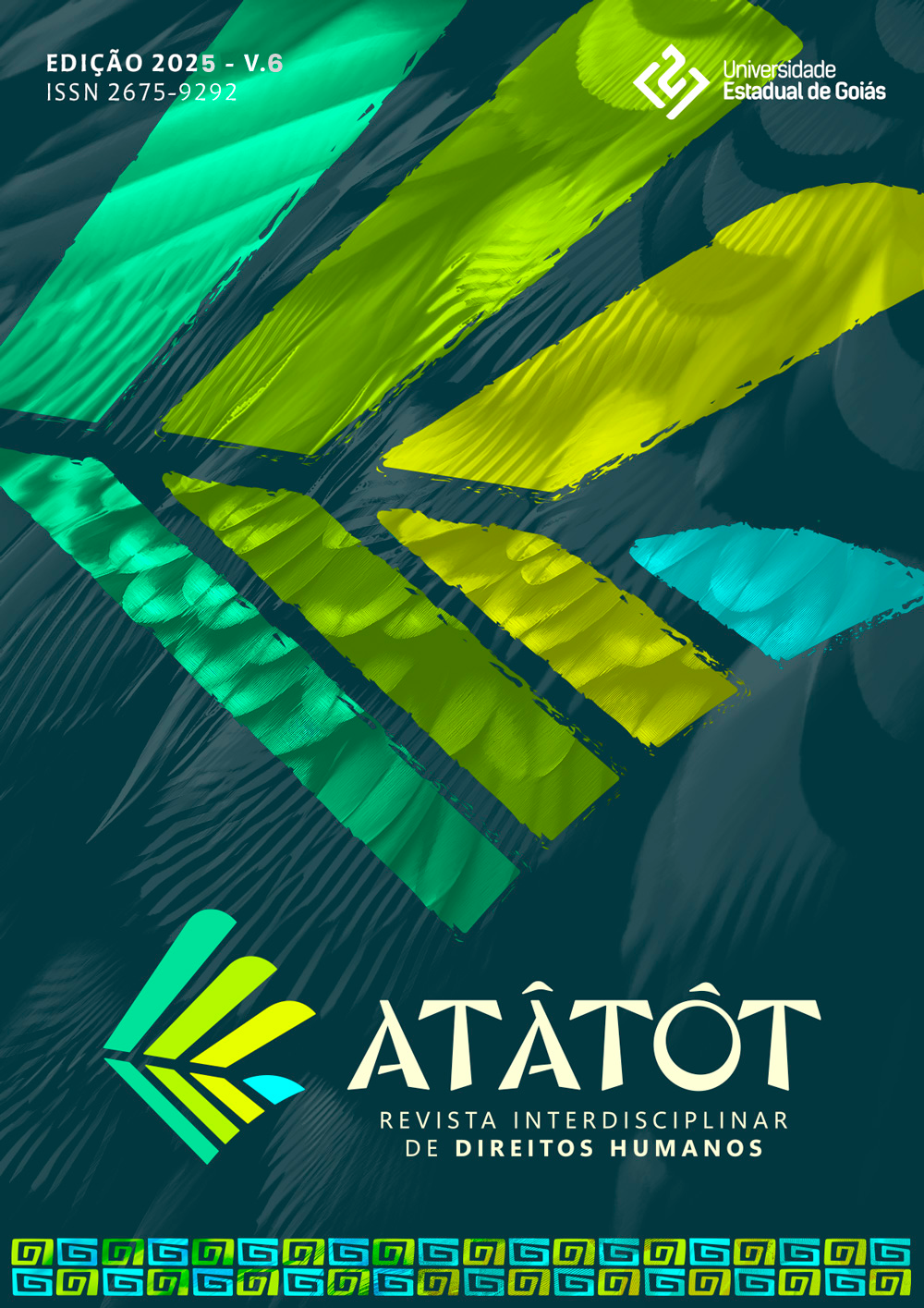DRUG POLICY IN BRAZIL AND ARGENTINA: from prohibitionism and harm reduction to a public policy based on the rule of law and scientific-academic innovation
Keywords:
Drug policies, illicit markets, public policiesAbstract
Throughout its evolution, drug policies in Latin American countries, such as Brazil and Argentina, went through different periods that reflect changes internal and external. In the first period, from the beginning of the 20th century until the 1970, a total criminalization approach prevailed, influenced by political prohibitionist in the United States and the international regulatory framework. One second period, which runs from the 1980s to the beginning of the 21st century, was marked by the militarization of the fight against drugs, with the rise of the “war on drugs” and the strengthening of punitive strategies, especially in Andean countries. Finally, the most recent period, from the 2000s to the present, has seen to a partial shift towards harm reduction, albeit with approaches fragmented and poorly institutionalized. In this context, I argue in this article that it is crucial, necessary and possible to move forward with an approach based on a policy comprehensive and applied public policy, which coherently articulates drug policies with social and economic policies, based on the rule of law and science. academic innovation that overcomes the dichotomy and discrepancy between the “war on drugs” and mere “harm reduction”. To achieve this, this analysis is based on a qualitative methodology, which combines content analysis of documents and speeches, with direct observation in Brazil and Argentina, allowing a critical examination of the political and social dynamics underlying the drug phenomenon.
Downloads
Published
Issue
Section
License

This work is licensed under a Creative Commons Attribution-NonCommercial-NoDerivatives 4.0 International License.










